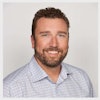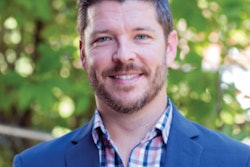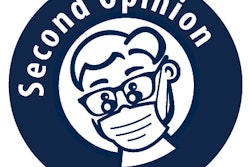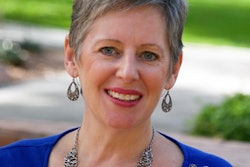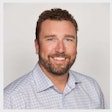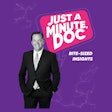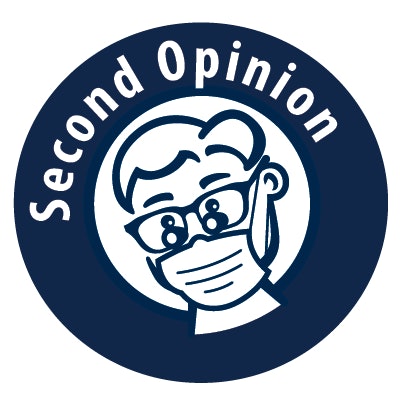
My dental career began in my father's small private practice in western Pennsylvania immediately after graduating from dental school in 1999.
But just three months after I joined his practice, my father ended up in the hospital with a bleeding ulcer from the stress of trying to figure out how he was going to balance paying the practice's bills and also paying my salary. Fortunately, he recovered and I was able to work with my dad for two more years.
 Eric Garver, DMD.
Eric Garver, DMD.At that point, he decided to sell the practice to me and retire. I was fortunate in that his practice had a solid base of self-pay patients. But it wasn't long until the practice's success began to wane, causing me to take a part-time position with the Aspen Dental practice in Pittsburgh Mills, PA.
I quickly realized that Aspen Dental offered dentists like me an easier way of practicing dentistry -- one that was more suited for my personality and skill set -- and decided to sell my dad's practice for a full-time role at the Aspen practice.
After a few years spent honing my clinical skills, a family friend found out he had cancer and approached me to purchase his private practice. Still unsure about whether I wanted to build a long-term career with Aspen Dental, and with more experience under my belt, I thought that maybe this time, my experience owning a traditional private practice would be different.
The practice was closer to home, had a solid patient base, and was financially stable, so I decided to reduce my workload at Aspen Dental to one day a week and buy my friend's practice (despite my wife's recommendation not to).
The new practice produced about $1 million per year and collected about $650,000 per year. Yet despite the financial stability and success of the office, I wasn't happy. I was having trouble managing all the administrative aspects of running the practice -- taxes, payroll, accounting, advertising, maintenance of the building -- and my self-confidence took a hit. I noticed I was looking forward more and more to the one day a week when I could just focus on dentistry.
The day I sold my practice in November 2016 was one of the greatest days of my life. I felt like a huge burden had been lifted off of me emotionally.
Clinical support
In late 2016, I was given the opportunity to take on a new role as a director of clinical support for Aspen Dental Management. This is the dental support organization that provides business support to every Aspen Dental-branded practice.
This role is perfect for me as I have the opportunity to help support new dentists as they grow their clinical skills and plan their long-term career paths. I travel across the country to different Aspen Dental practices and encounter all kinds of dentists and teams -- some have found a natural rhythm and routine and are thriving, while others are still working toward building a successful practice.
“Over the years, I've learned that I need to concentrate on what I'm good at.”
In this role, I'm able to empower teams and feel appreciated for not just what my hands can do but the power of my brain as well. I've evolved into an influencer who's able to help dentists and teams step outside their comfort zones to create a happy and inspiring environment.
As director of clinical support, one of my priorities is to help our doctors improve their office efficiency, better treatment plan, boost morale among staff, and increase revenue. Many may not know that we hold a weeklong development course each year to teach our teams best practices and help them familiarize themselves with new practice-building tactics.
I've begun a program to help the doctor follow through on everything they learned during the weeklong development course. I'll visit each doctor in their office four weeks after the course and work with them to ensure they don't fall back into old habits and are comfortable in implementing all the new tactics they learned.
One of the unexpected benefits is that I've become a better practitioner after working with these dentists and their teams.
Today, almost 20 years after graduation, I'm happier, less stressed, and much more confident in myself and my future. I'm more productive and satisfied professionally than I ever was as a sole private practitioner. Over the years, I've learned that I need to concentrate on what I'm good at -- being a dentist and mentor -- and leave what I'm not good at (running a business) to the experts.
Eric Garver, DMD, is a director of clinical support for Aspen Dental Management.
The comments and observations expressed herein do not necessarily reflect the opinions of DrBicuspid.com, nor should they be construed as an endorsement or admonishment of any particular idea, vendor, or organization.
